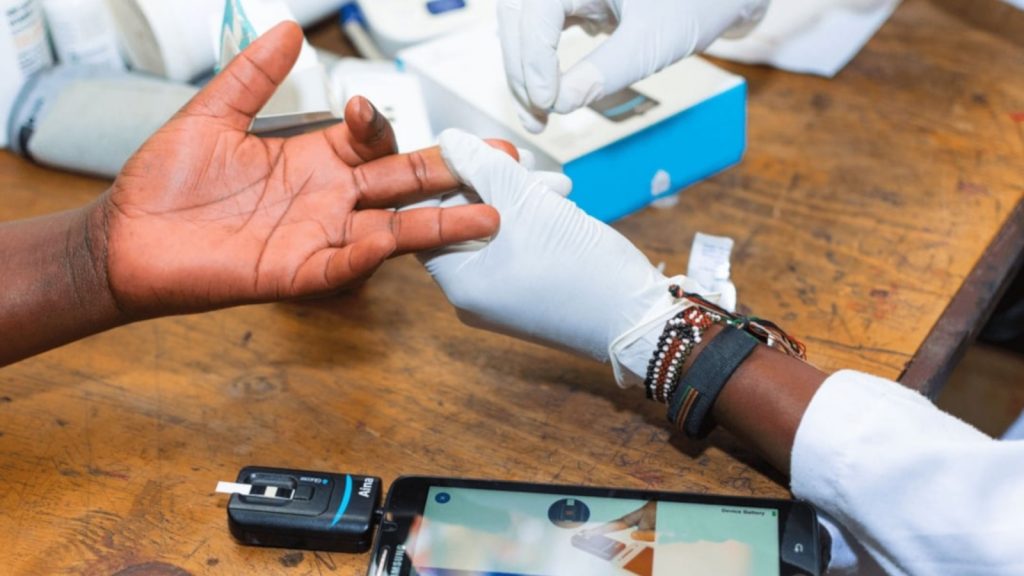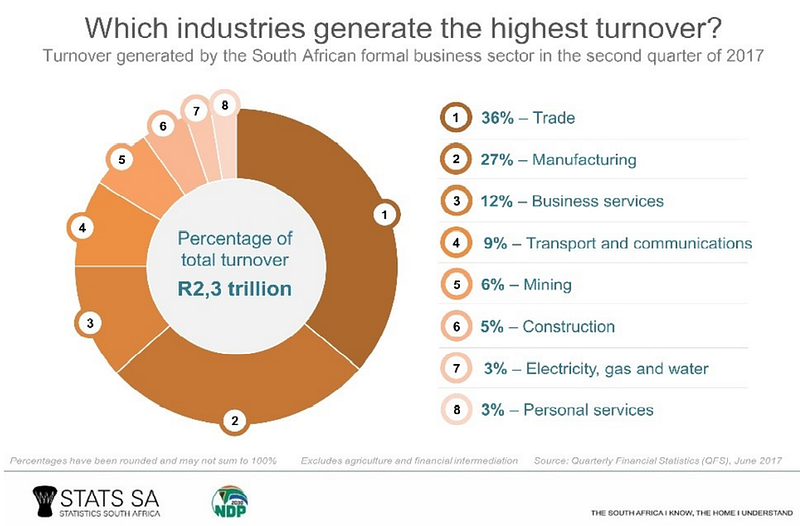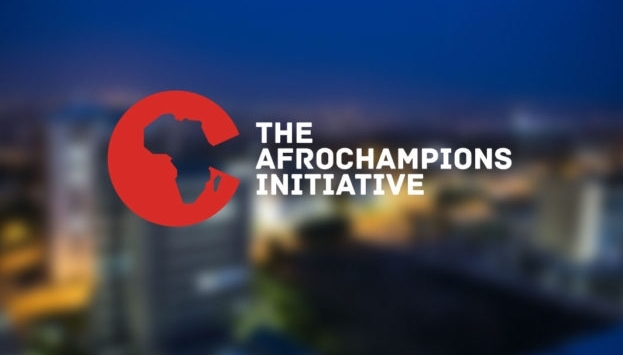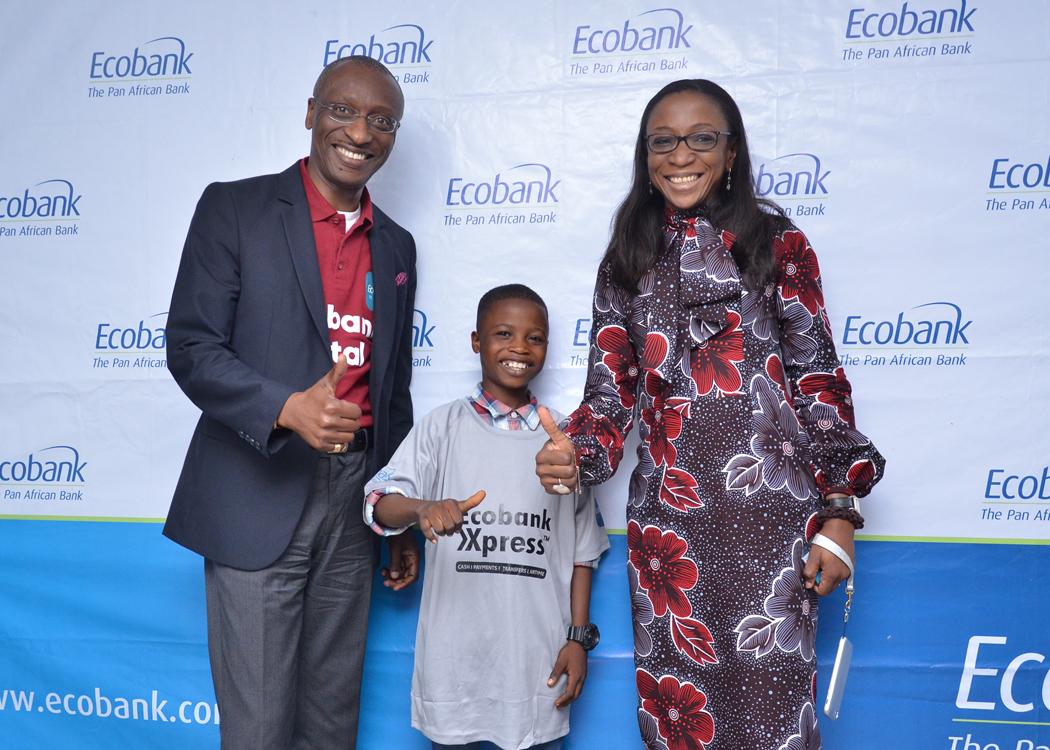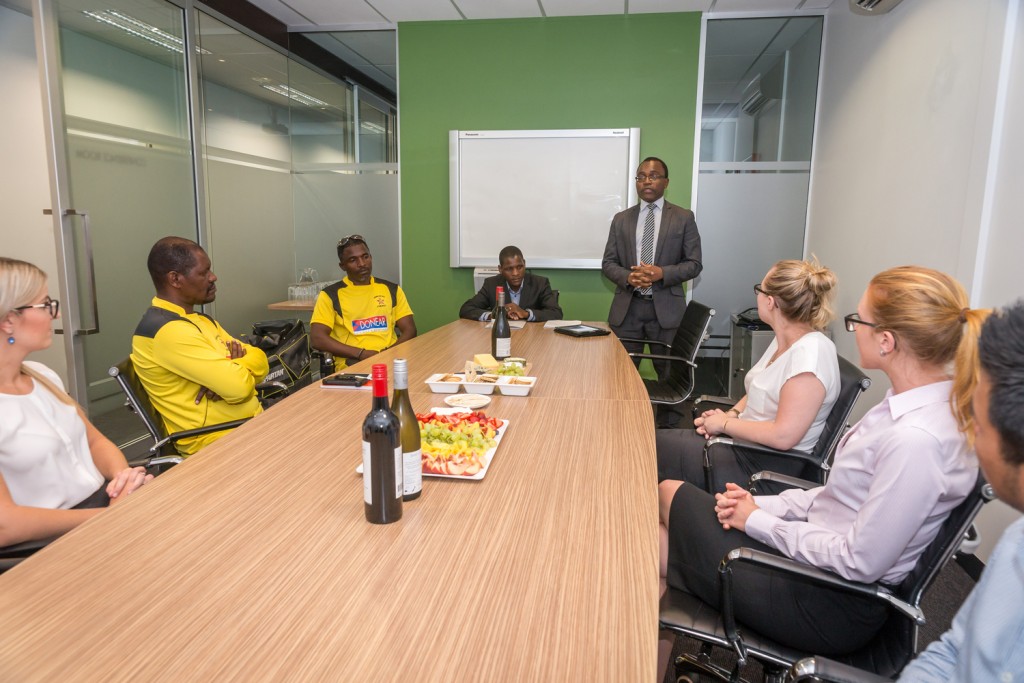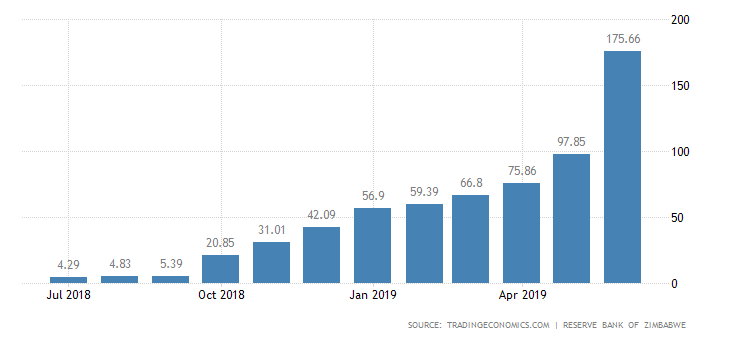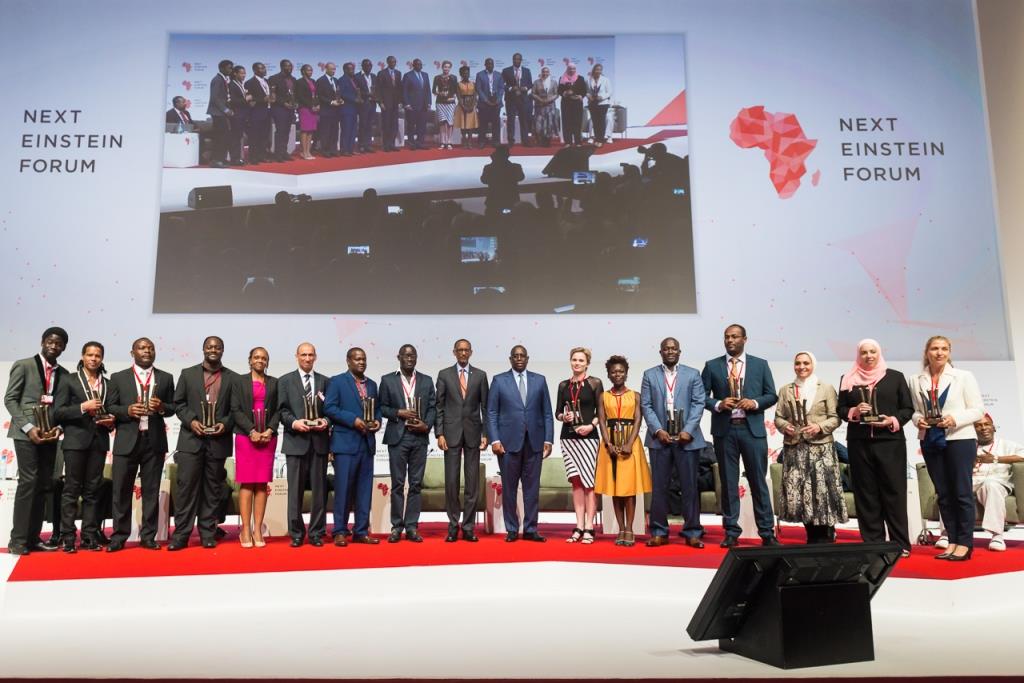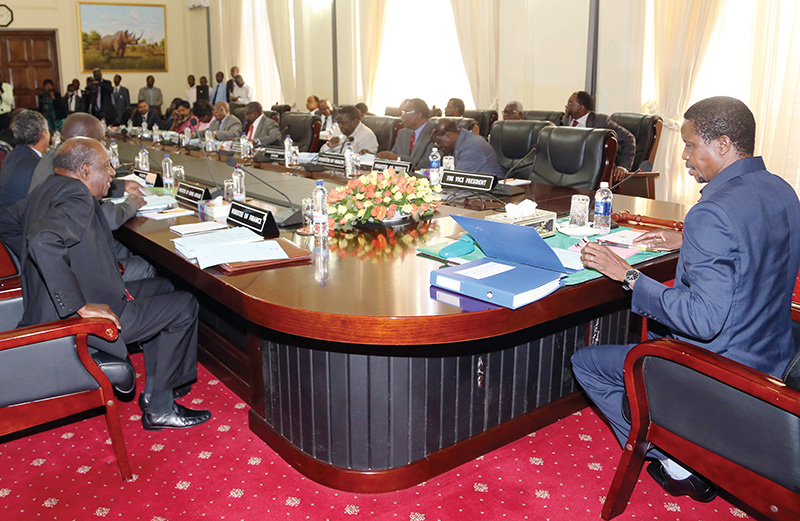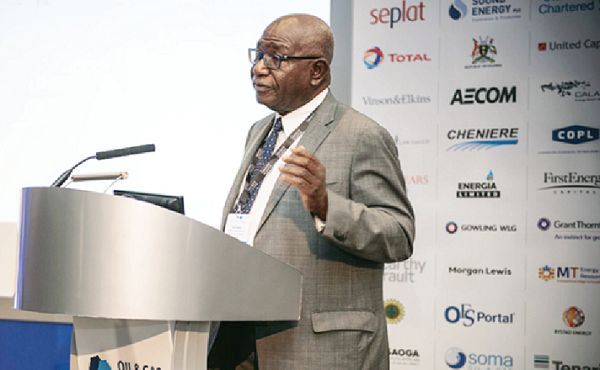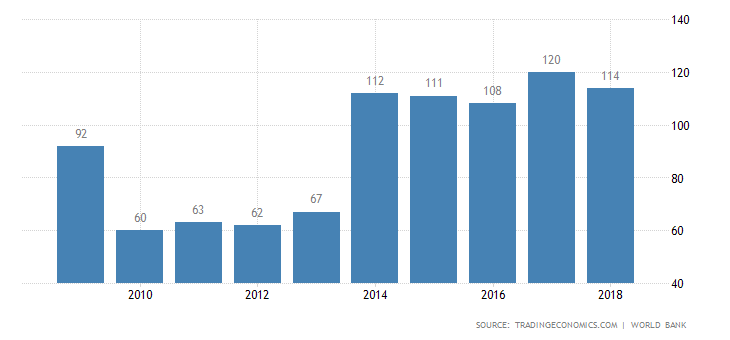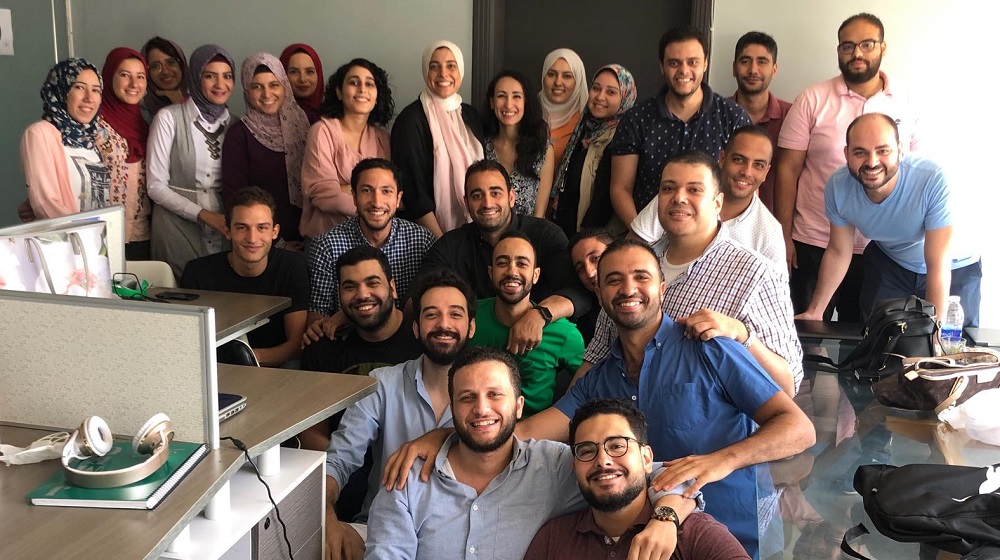The Next Einstein Forum (NEF) today announced its third Class of NEF Fellows, 25 strong scientists, all under 42 years, whose research and innovations are contributing to solve Africa’s and the world’s most pressing challenges.
“I am excited to announce the 3rd class of NEF Fellows for two reasons. The first is that we are almost at parity, with 11 women in the class. The second is the variety of fields and countries from where the Fellows come from. The selected Fellows are doing cutting-edge research in renewable energy, nanomaterials, and nanotechnology, food security, precision medicine, health systems, climate science, and urban planning.
Also a first for the Fellows cohort is the two social scientists selected in this class. We strongly believe their current and future discoveries will solve global challenges and we are excited to introduce you to them,” said Thierry Zomahoun, Founder and Chair of the Next Einstein Forum and President and CEO of the African Institute for Mathematical Sciences (AIMS).

An initiative of the African Institute for Mathematical Sciences (AIMS), the NEF will award the NEF Fellows at its NEF Global Gathering 2020 in Nairobi, Kenya on 10 March 2020, under the patronage of President Uhuru Kenyatta. The NEF Fellows will continue the tradition of presenting their groundbreaking research at the global gathering.
NEF Fellows are selected by an International Scientific Program Committee, using a rigorous process that comprises academic and scientific merit, a strong publication record, patents, awards and a track record of funds independently raised for research. Fellows are also required to demonstrate the relevance of their research or innovations to humanity’s grand challenges, as well as a passion for raising Africa’s scientific profile and inspiring the next generation of scientific leaders.
“We are tremendously pleased to welcome the new class to the growing NEF Community of Scientists, and the thirty-five Fellows that preceded this cohort. This Class was selected in record timing because of the quality of their profiles and we look forward to their contributions to our foresight work and public engagement programs like Africa Science Week,” said Dr. Youssef Travaly, Vice President of Science, Innovation, and Partnerships.
The second class has been at the forefront of groundbreaking research in Blockchain for micro-credits, bioinformatics for improving agricultural outputs, non-invasive malaria detection among other innovations. Several Fellows received million-dollar awards for their research. NEF Fellows lead the editing of the NEF’s Scientific African journal which is on its fourth volume since March 2018. In recognition of their achievements and scientific excellence, three fellows have joined the NEF’s International Scientific Programme Committee.
Meet the 2019-2021 NEF Fellows
Dr. Badre Abdselam (Morocco) seeks to contribute to the design and implementation of regional policies on young scientists’ intentional mobility within Africa to optimize brain circulation.
Dr. Ademola Adenle (Nigeria) is leading research in science and technology policy in addressing sustainable development challenges such as climate change, food insecurity, energy and health innovation in Africa.
Dr. Fanelwa Ajayi (South Africa) seeks to develop various nanoparticles particularly with the use of edible substances, such as fruits and vegetables and finding additional applications for them.
Dr. Daniel Akinyele (Nigeria) is immersed in unveiling deeper insights into planning, developing and managing new electrification systems for energy-poor communities using the social-technical-economic-environmental-policy, or STEEP.
Dr. Zaheer Allam (Mauritius) investigates the dynamics shaping urban life in the Anthropocene to better build policies enhancing both livability and economic levels in future cities, set to host the majority of humans on earth.
Dr. Ibrahim Cissé (Niger) is interested in developing high-resolution methods of microscopy that go directly inside living cells, and single bio-molecules which could decode human genome from DNA into RNA.
Dr. Menattallah Elserafy (Egypt) studies DNA repair mechanisms, working to understand cellular processes which deciphered will change diagnostics and pave roads for personalized therapies.
Dr. Obidimma Ezezika (Nigeria) is studying processes that help contribute to developing new industrial models for effectively taking health interventions to scale in sub-Saharan Africa.
Dr. Jesse Gitaka (Kenya) works on malaria elimination, prompt diagnosis, and management of sub-clinical maternal bacterial infections that eliminate stillbirths, prematurity, maternal and newborn sepsis, and mortality.
Dr. Alpha Keita (Guinea) hopes to develop, together with his team in the Guinea and France, the reservoirs of viruses to better understand the natural history of Ebola virus spread.
Dr. Agnes Kiragga (Uganda) hopes to merge data science and machine learning methods to available “large data” and existing health records to predict and prevent HIV among high-risk groups in Africa.
Dr. Eric Lontchi (Cameroon) investigates ways of combating the burgeoning epidemic of obesity and diabetes, hoping to uncover new insights into the pathogenesis of and potential treatments for diabetes.
Dr. Salome Maswime (South Africa) leads a research initiative to scale up the implementation of the perinatal problem identification program model to four other healthcare systems in Africa.
Dr. Blesssing Mbabie (Nigeria) seeks to cover the real-time status of antimicrobial resistance and social factors that drive it, discovering natural drugs with high potential inhibitors of an antimicrobial resistance mechanism.
Dr. Ebele Mogo (Nigeria) is involved in research that aims to transform societal systems that recognize African contextual realities when designing healthy communities and preventing non-communicable diseases.
Dr. Vidushi Neergheen-Bhujun (Mauritius) is determined to connect the dots between the role of functional food and cancer prevention.
Dr. Marian Nkansah (Ghana) focuses on developing public knowledge on toxic chemicals from unusual places, and the associated risk on local communities, strengthening the intersection of scientific evidence and policy.
Dr. Eucharia Nwaichi (Nigeria) leads to research projects that aim to find sustainable and safe sanitation strategies for the remediation of petroleum-impacted environments in the Niger Delta.
Dr. Cecil Ouma (Kenya) leverages current research on energy materials and associated technologies, with hope to innovate cheap and small-scale off-grid technologies for rural and peri-urban settlements in Africa.
Dr. Dyllon Randall (South Africa) hopes to change our modern sanitation systems to focus on resource recovery rather than mere treatment, moving communities to rethink “waste” as valuable resources.
Dr. Samson Rwahwire (Uganda) is using his knowledge of material science and nanotechnology to modify bitumen for road construction utilizing green nanoscience as a crosslinker for plastic waste.
Dr. Cheikh Sarr (Senegal) is interested in developing a prototype of a self-driven vehicle, equipped by a lot of sensors networks in order to facilitate the mobility of people with disabilities.
Dr. Geoffrey Siwo (Kenya) hopes to combine artificial intelligence with genetic data and scientific knowledge as a means of accelerating the discovery of fundamental principles that could enable equitable development of precision medicine.
Dr. Sara Suliman (Sudan), co-inventor of a four-gene biomarker, investigates why genes involved in electrolyte regulation across mammalian cell membranes might confer susceptibility to the world’s deadliest pathogen: Mycobacterium tuberculosis.
Dr. Jessica Thorn (Namibia) uses social-ecological system modeling and participatory scenario planning to investigate and measure the impact of development corridors in land use, livelihoods, ecosystem, and social coherence.
Kelechi Deca

Kelechi Deca has over two decades of media experience, he has traveled to over 77 countries reporting on multilateral development institutions, international business, trade, travels, culture, and diplomacy. He is also a petrol head with in-depth knowledge of automobiles and the auto industry.




